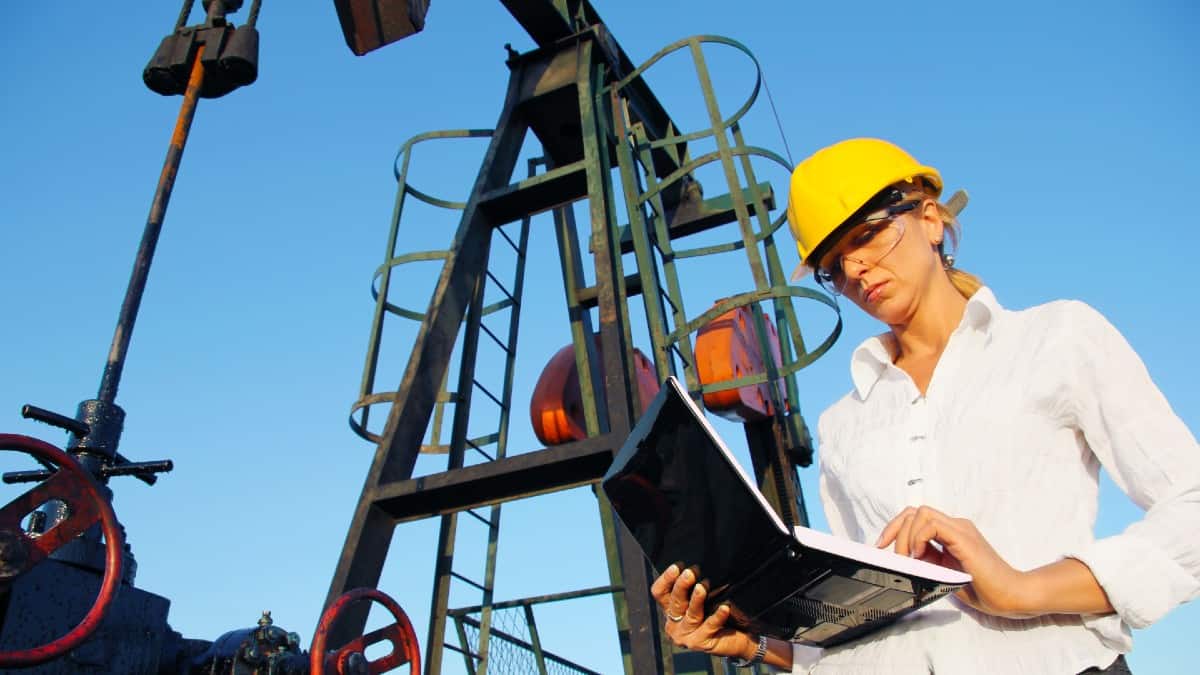The Shell (LSE:SHEL) share price has soared over the past year. It’s up 34% over 12 months and 63% over two years. Profits have swelled and demand isn’t slowing as much as expected.
So, can the Shell continue its bull run? I certainly think it can, but this industry is so heavily impacted by geopolitics, I’m not sure I want to take the risk.
Let’s take a closer look.
Black gold
Benchmark oil prices has fallen since the summer. The Brent crude spot price is now $84, down from over $120 seven months ago. But even at $84, Shell remains highly profitable.
The upstream division, which includes oil exploration, is the largest contributor of revenue for the business. For example, in the Q3 results, it contributed $5.9bn of total adjusted earnings of $9.4bn.
However, Shell is vertically integrated, it deals with both oil and gas from exploration phases all the way through to the pumping station.
In fact, margins have been pretty good in the downstream and retail parts of the business too. But it’s not just oil. Natural gas prices remain higher, on average, than we’ve seen in previous years.
So, everything looks great, and it’s clear that commodity prices are an important part of profitability.
Volatility
However, commodity prices can fluctuate massively. And that’s concerning as an investor. Going forward, oil price forecasts vary greatly and that reflects the uncertainty. Much of this uncertainty can be linked to geopolitics.
Aggregated forecasts are positive for energy companies.
World Bank analysts contend that oil prices will average $92 in 2023 and $80 in 2024, down from a projected $100 in 2022. This is well above their recent five-year average of $60. Meanwhile, IEA analysts forecast that Brent crude prices will average $83 in 2023 and $78 in 2024.
However, it’s broadly accepted that geopolitical events could see prices surge or crash. Forecasts vary according to geopolitical events. China’s reopening has pushed forecasts up. But what if the government tracks back?
Windfall taxes
Last week, the oil giant said it expects to pay $2bn in windfall tax for the final quarter of 2022. I’m delighted to hear that some of these taxes will be paid in the UK — the first time the firm has paid UK taxes in five years.
Shell claims that these taxes won’t affect adjusted earnings for the quarter and will have limited cash impact given the expected timing of payments. However, they’ll undoubtedly impact annualised profits.
Can the bull run continue?
I’m anticipating increased competition for resources over the next decade and energy behemoths like Shell will benefit from this.
But right now, although under many circumstances the share price could continue pushing upwards, I just think there’s too much risk around energy for me to invest in Shell.
So, do I want to put my money in a stock that has been on a two-year bull run? No. I’m concerned about further windfall taxes, slowing global growth and maybe even more virus-related restrictions.
Let’s not forget, it wasn’t too long ago that Saudi Arabia ramped up production and pushed prices right down, squeezing competition out of the market.








